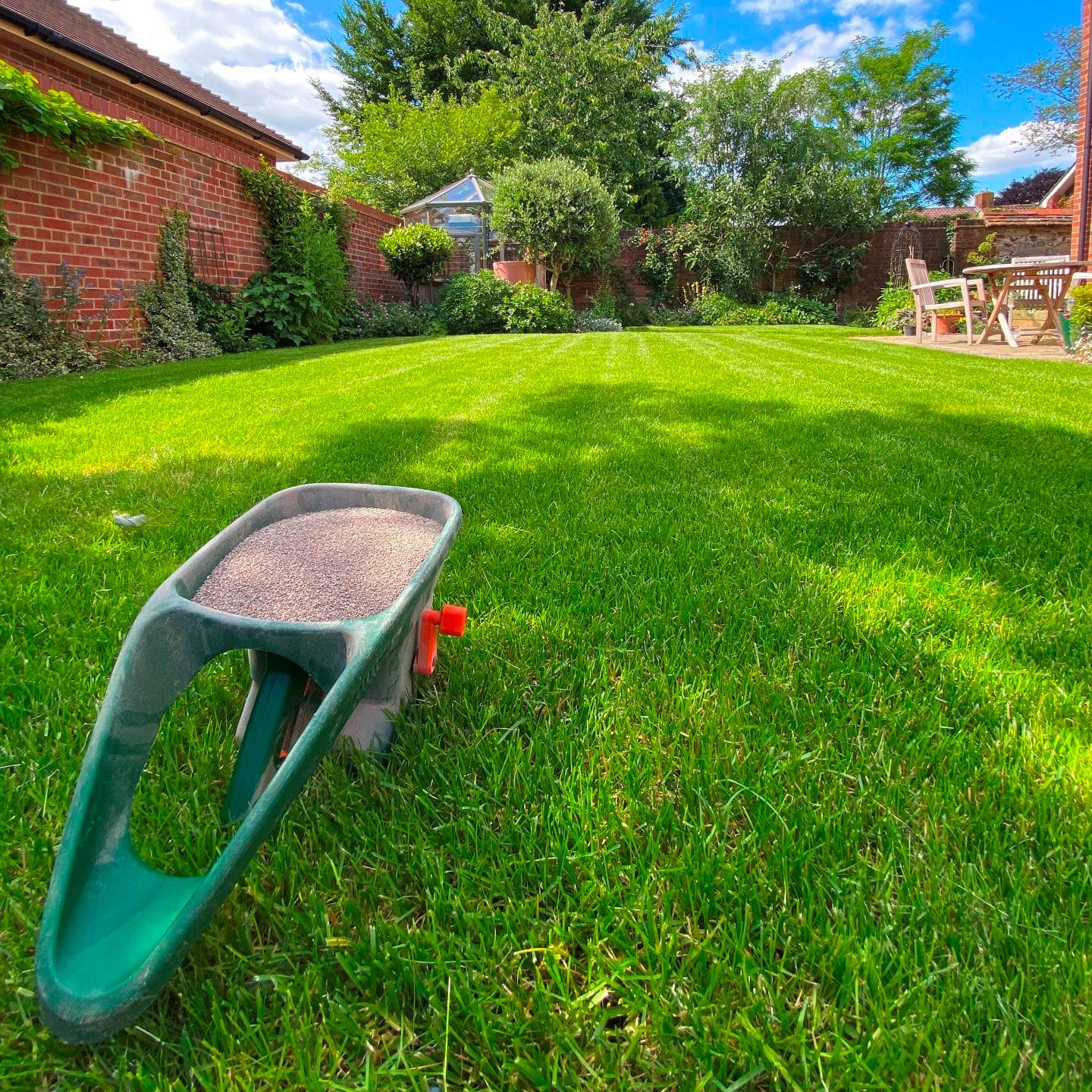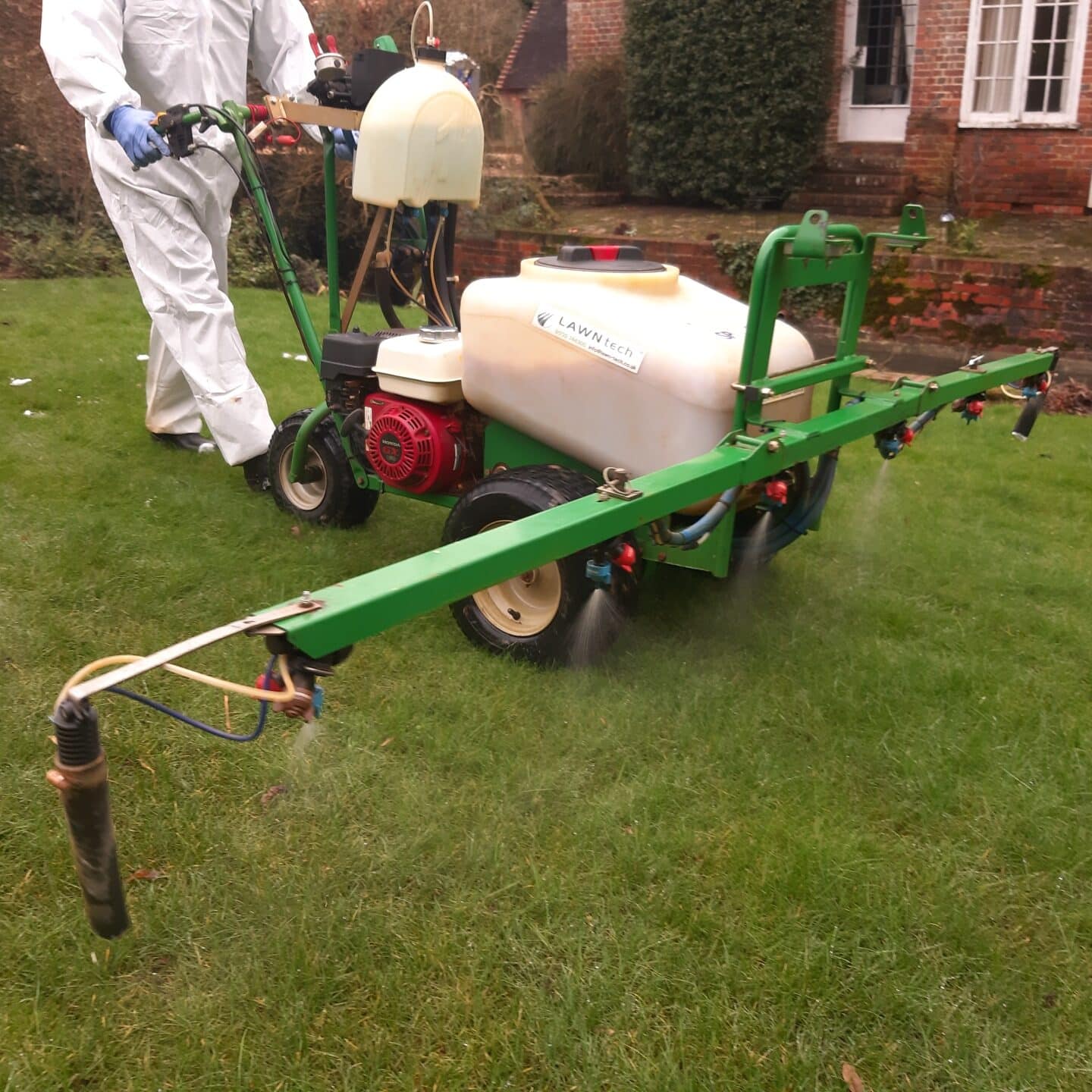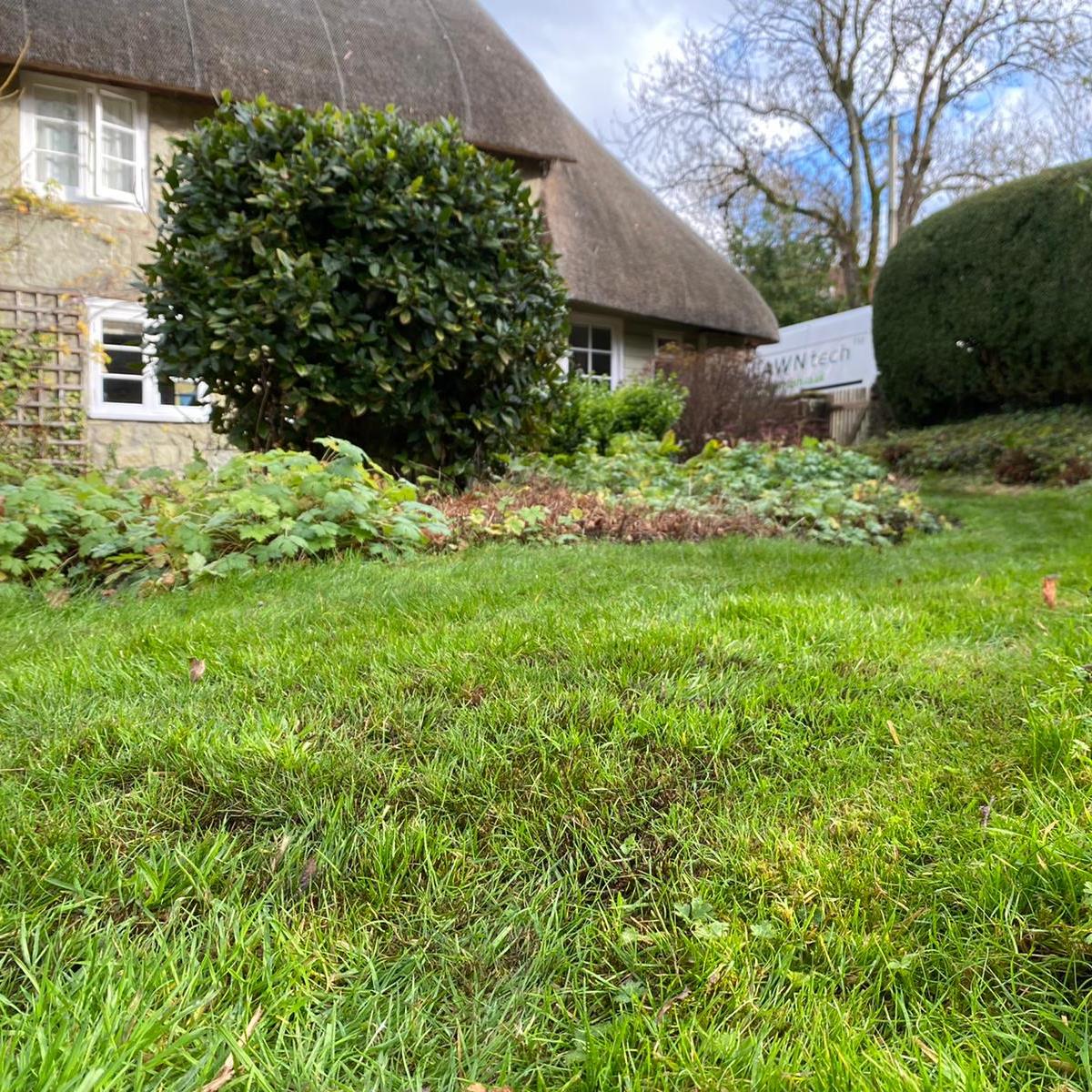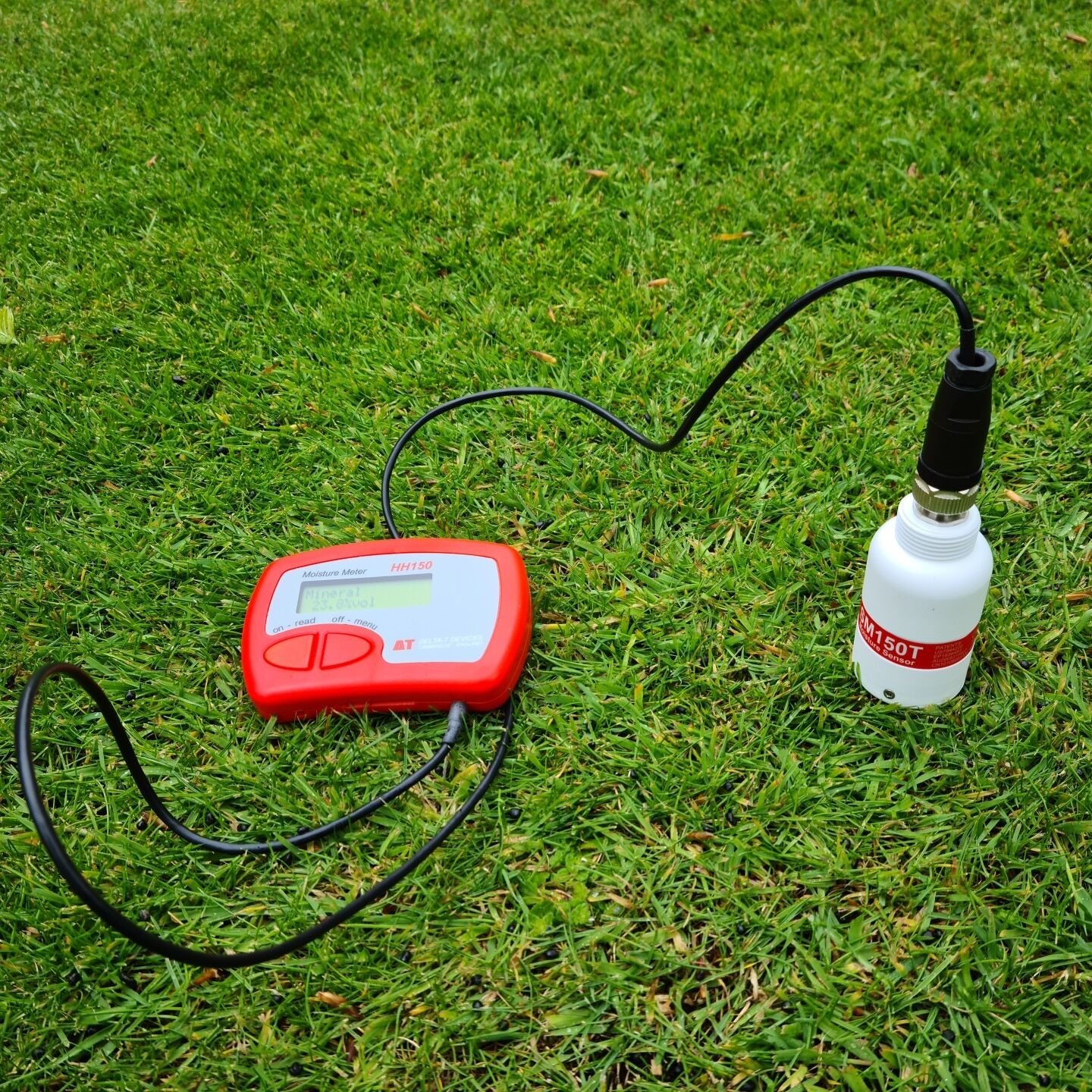Lawn Care Research & Development

Do you know how lawn products affect your lawn and the environment?
How many people know what products they are applying to their lawn and how it really affects the lawn and the environment? The answer is very few, because if you are doing it yourself with an off- the-shelf DIY product you trust what the label says, or if you are paying for a professional lawn care programme, you trust what the lawn care company is advising and applying.
All too often going down the DIY route can lead to mistakes causing damage to the lawn and environment, unless you have really done your homework and fully understand the complexity of the products being applied, this can prove costly and in worst cases dangerous to the environment and your health and safety.
When choosing a professional lawn care company, it is always a good idea to ask a few questions about their qualifications, knowledge, and accreditations before proceeding with treatment.
- Do the company technicians hold up to date PA1 & PA6 pesticide application certification?
- Is the company BASIS and government registered for using PPP?
- Do they adhere to an IPM policy before deciding to use pesticides?
If the answer is yes to these questions, then it is likely that you have found a sound professional lawn care company.
Our Research and Development Commitment
At Lawntech we go to great lengths to understand exactly what is best for your lawn and the environment. We have invested heavily in creating a research and development site at our headquarters so that we can scientifically test lawn products over a long period of time, collecting data so that we are confident we are leading the way in the UK lawn care industry. We feed this data to our chosen manufacturer partners so they can produce products, bespoke to us, which we believe are the safest and most effective products used in the country.
Our video briefly explains a bit more about this process.
The science behind the products

Fertiliser
Do all lawn care companies use the same types of fertiliser? Absolutely not! Lawn fertilisers come in many types of configuration, most of which Lawntech would never put on your lawn. There can be cheap and nasty high nitrogen blends, plastic coated blends, agricultural blends and many other formulations that could easily damage your lawn and the environment over a period of time. It takes a lot of research and knowledge to fully understand the science behind fertilisers. We have spent many years focusing on what fertilisers are good for your lawn, how it affects the soil in your garden and how it can be sustainable for the future when using the correct type of organic based products. We extensively trial these products on our live test plots at Lawntech headquarters before collecting and analysing the data. more…

Selective Herbicides
Selective herbicides are used to control weeds in lawn turf and are made from a special formulation of chemical that kills the weed but not the grass. This type of treatment should only be carried out by a trained technician with the relevant qualification to apply pesticide. Much consideration needs to be made about the type of weed being targeted and if there is an alternative solution. There are certain types of selective herbicide that are not suitable for use on domestic lawns, these are known as residual herbicides where the chemical resides in the soil, grass clippings and compost for a long time, Lawntech does not use residual herbicides. There is extra legislation that lawn care providers need to adhere to before applying herbicides in the UK. more…

Moss Killers
We like to use the term “Moss Killers” reservedly, because moss can’t really be killed, but it can be controlled so that it is no longer detrimental to the health of your lawn. Moss in lawns is a very British problem due to our long damp, dark, winters which provides the perfect environment for moss to readily pitch into our lawns and slowly create a blanket that tries to choke out the grass. The remedy for this is fairly simple, we can mechanically remove a build-up of moss by Scarification and we can also treat it with a solution of liquid Iron to dehydrate the moss which greatly weakens it and turns it black so that it easier to control and does not choke the lawn. In fact our winter iron treatments are beneficial to the grass plant and the soil but also harden the grass against disease. Our senior technician Jon Oostendorp has done a University dissertation about the effects of Iron on grass and soil. more…

Wetting Agents
Wetting agents have been around for a long time in the sports industry, but up to recently have not been ideal for lawn care due to the frequency in which they need to be applied to be affective, which historically was once every 4-6 weeks . The latest generation of lawn wetting agents have been a game changer for lawns because they have longevity of 3-4 months which is perfect for an annual lawn care programme. Wetting agents are excellent at making water much more efficient in the soil which can greatly reduce watering and help the lawn to stay healthy for longer when conditions start to get dry. We test and monitor different types of wetting agent at our live test plots at Lawntech headquarters so we can fully understand how it works and how long it lasts in a wide range of temperatures and weather patterns. more…
